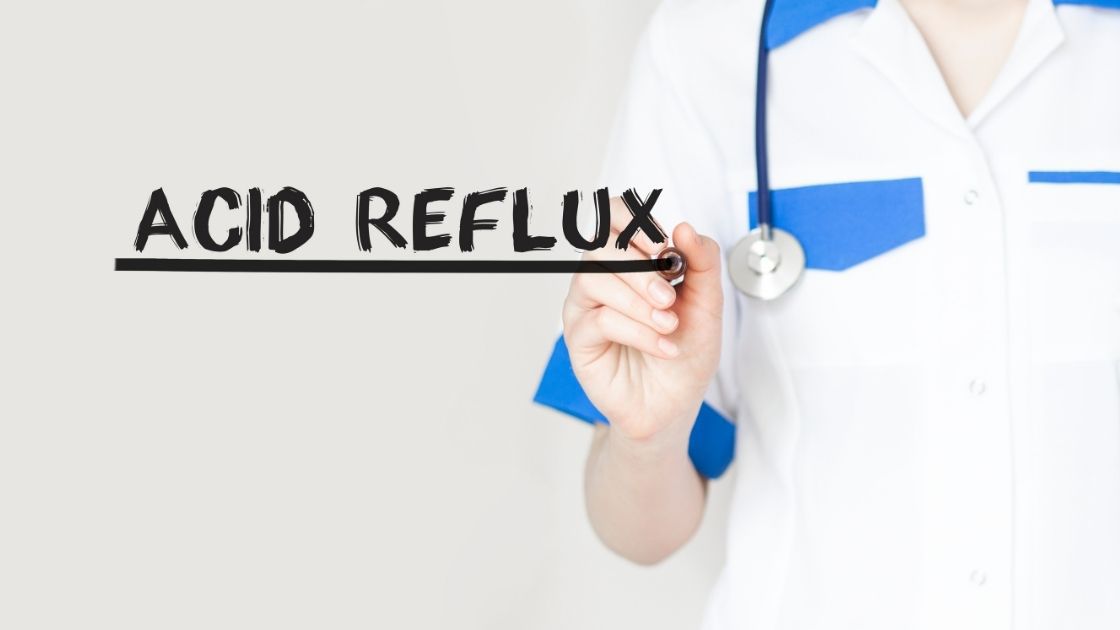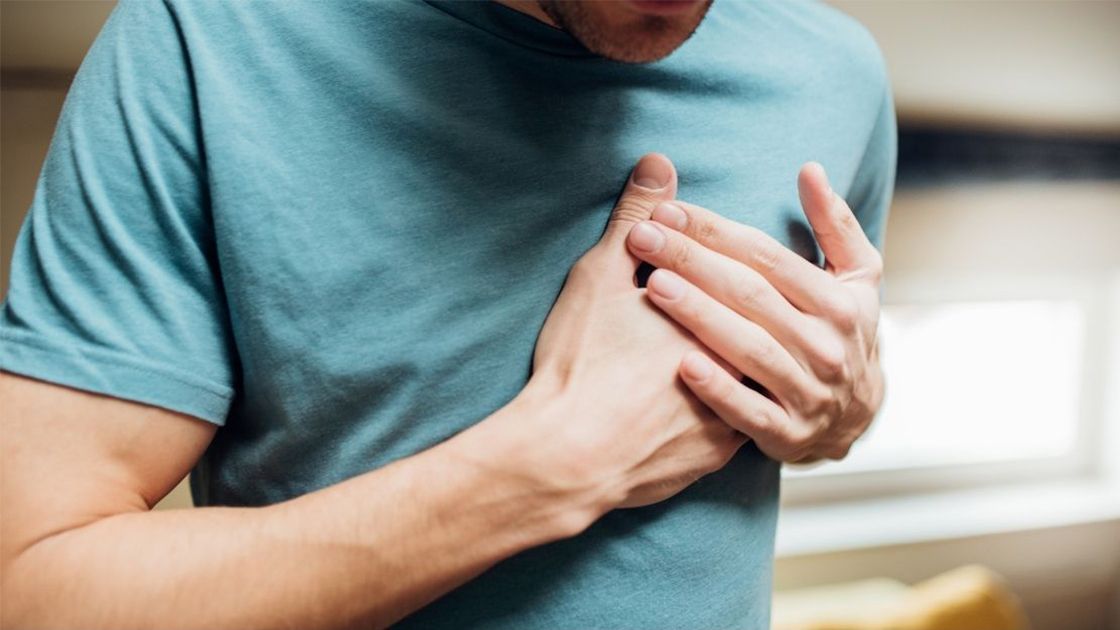Getting Rid of Acid Reflux
Gastroesophageal reflux disorder or GERD is a condition wherein the stomach acid frequently flows back into the esophagus causing irritation to its lining. The lower esophageal sphincter, or the muscle that controls the passage between the esophagus and stomach, doesn’t close completely, leading to the back flow of stomach acid and food up into the esophagus.
The most common symptom of GERD is heartburn or a burning sensation in the area of the upper abdomen and chest. At times, reflux may also lead to difficulty in swallowing, cough, lump in your throat, sore throat, hoarseness, and worsening of asthma.
If you are affected by GERD, here are some lifestyle changes that may help reduce the frequency of acid reflux:
1. Eat slowly and chew food thoroughly. A full stomach increases the risk for reflux.
2. Avoid foods that trigger reflux such as mint, tomatoes, onions, garlic, spicy meals, chocolate and fatty foods.
3. Avoid coffee, tea, alcohol and carbonated beverages and drinks that may trigger reflux.
4. Stay up after eating. Don’t lie down after a meal. Take your meals three hours before going to bed.
5. Avoid vigorous exercise for a couple of hours after eating especially if it involves bending over.
6. Sleep on an incline or elevate the head of your bed; ideally, your head should be 6 to 8 inches higher than your feet.
7. Quit smoking. Nicotine may relax the lower esophageal sphincter and reduces the ability of the sphincter to function properly.
8. Lose weight. Excess weight puts pressure on your abdomen and loosens the lower esophageal sphincter causing acid to reflux into your esophagus.
9. Avoid tight-fitting clothes that put pressure on your abdomen and the lower sphincter of the esophagus.
You may also need medications to control reflux along with lifestyle changes.
Consult your doctor for proper advice and ask for appropriate medications such as antacids or acid pump inhibitors that reduce acid production like pantoprazole or omeprazole.
References:
https://www.mayoclinic.org/diseases-conditions/gerd/symptoms-causes/syc-20361940
https://www.niddk.nih.gov/health-information/digestive-diseases/acid-reflux-ger-gerd-adults

